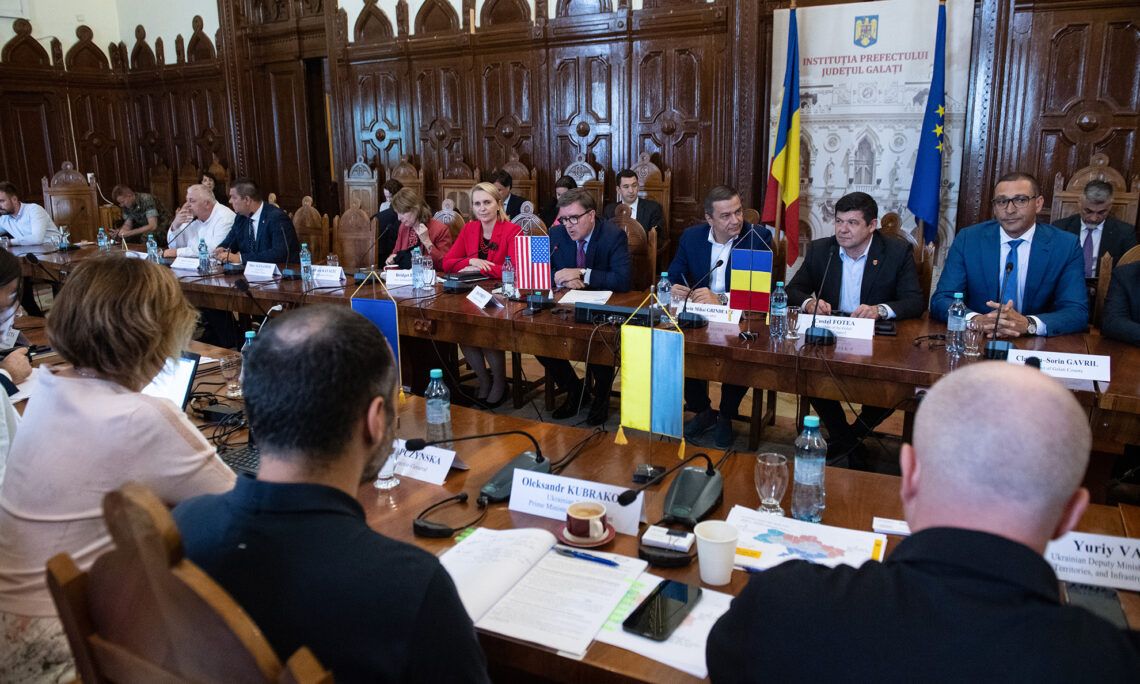Romania plans to double transit capacity of Ukrainian grain

Romania plans to increase the transit capacity of Ukrainian grain from 2 million metric tons to 4 million every month, Transport and Infrastructure Minister Sorin Grindeanu said on Aug. 11, the Romanian news agency Agerpres reported.
The minister's statement came after the meeting of representatives from the U.S., the EU, Moldova, Romania, and Ukraine in Galati, Romania to address Ukrainian grain exports following Russia's unilateral termination of the grain deal.
"We agreed that the Ukrainian grain exports must be accelerated in the context of the recent attacks that we are all aware of in recent weeks on the Ukrainian ports of Reni and Izmail," Grindeanu said.
"During these meetings, we emphasized the importance of Romanian transport routes by land, by rail, and also by sea, to maintain a continuous flow for exports and imports from Ukraine," he added.
The minister said that regarding the Danube River transit, the Sulina Canal remains the only viable waterway and it is therefore essential to optimize its capacity.
"It was an extremely good meeting, fruitful, which will lead us through the measures we will take to increase the transit capacity of grains coming from Ukraine, through Romania, so that from over 2 million tons we currently have monthly we will reach the target we have proposed in the next period, namely of almost 4 million tons," the minister specified.
Russia withdrew from the Black Sea Grain Initiative on July 17, effectively terminating the deal. The agreement, brokered in July 2022 by Turkey and the U.N., allowed Ukraine to export its agricultural products through its Black Sea ports.
Shortly after the withdrawal, Russian forces began systematically targeting Ukrainian ports and agricultural infrastructure, including Izmail and Reni ports at the Danube River lying just 200 meters from the Romanian border.
This only exacerbated fears of food insecurity worldwide as prices of grain products began to rise following the deal's collapse.
Ukraine's grain exports are vital to the world's food supply. Before the full-scale invasion, Ukraine was the fifth-largest wheat exporter globally. The grain deal had allowed for nearly 33 million metric tons of food to be exported through Ukrainian ports while it was in force, according to the U.N.
The EU pledged to increase the capacity of its "solidarity lanes," which facilitated the transit of more than 45 million metric tons of Ukrainian agricultural products since May 2022.
Romania's Foreign Minister Luminita-Teodora Odobescu told Bloomberg in an interview on July 27 that Bucharest plans to expand its capacity for transiting Ukrainian grain. The country has already facilitated the transport of 20 million metric tons of Ukrainian grain, which is almost half of the produce shipped via the EU's solidarity lanes.












